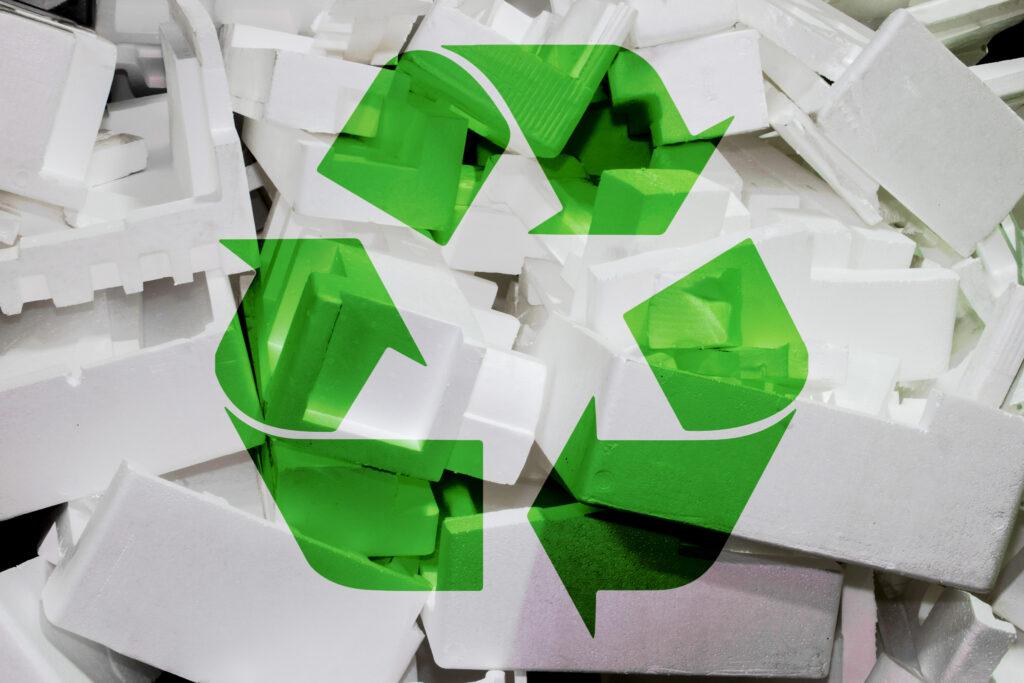Protecting Your Data with Electronics Recycling in South Africa
South Africa generates approximately 53,0000 tons of e-waste annually (5 to 10 kgs of e-waste per person every year). In this light, data security and environmental impact are two urgent concerns to keep in mind.
Consumers’ and businesses’ sensitive data can be compromised when electronics are not securely wiped or destroyed. Data security in electronic disposal is a critical process to avoid these risks. With the POPI Act (Protection of Personal Information Act) in force, POPIA compliance in e-waste recycling is no longer optional. In 2024, South Africa had officially reported more than 34.5 million accounts that were breached in the first quarter alone.
The consequences of incorrect e-waste disposal are polluted ecosystems, the release of hazardous substances, and the loss of valuable resources. Heavy metals like lead and mercury can negatively affect health and the environment.
In this blog, we’ll take you through the risks associated with improper disposal, its environmental impact, and what you should do to securely recycle electronics, from selecting certified data destruction services to the actions you must take as individuals and businesses.
Discarded Devices Still Contain Your Data
When you delete a file, you may assume that your data disappears with it – wrong! Deleting the file only removes its pointer from the location on the device; the data in said file is still present in its storage. That data is easily recoverable; you’d only need the right tools to extract it. Furthermore, overwriting data isn’t as effective as you think. You need to employ proper techniques to ensure it’s 100% removed.
Discarded devices often contain:
- Names and addresses (physical and electronic)
- Financial information
- Medical records
- ID or passport numbers
- Customer data
- Financial records
- Intellectual property
- Confidential communication
Legalities: POPIA Implications
Under POPIA, organisations must process personal information lawfully, fairly, and transparently, with appropriate security measures in place. According to the act, people have a right to access, rectify, and delete or erase their information.
Non-compliance with POPIA carries severe penalties such as fines of up to R10 million, a jail term of up to ten years, and possible civil lawsuits for damages caused.
For this reason, corporate e-waste management must adopt proper processes to secure data at every stage of the device lifecycle – from collection to secure electronics recycling and final disposal. The owner of the device, whether corporate or private individuals, is responsible for ensuring data security and integrity.
They cannot pass the responsibility onto the refurbisher or recycler and have an added responsibility of dictating to the refurbisher/recycler to wipe data using accepted data sanitization software. Especially for very sensitive information and need to comply with POPIA. This could include physical destruction after wiping via drilling of holes through HDDs and or physically shredding.
E-Waste Recycling in South Africa
Electronic Devices and Hazardous Materials
Disposing of electronic devices isn’t straightforward, especially since e-waste recycling means handling hazardous materials such as lead, mercury, and flame retardants. If these are discarded improperly, they can contaminate our water sources, soil, and air, and pose a risk to ecosystems and public health in the long term. Children and pregnant women are usually most vulnerable to these hazards.
Conserving Resources Through Recycling
Apart from the hazardous materials, e-waste contains heaps of secondary resource materials, including:
- Gold, silver, palladium, platinum
- Copper, aluminium, nickel, zinc
- Neodymium, praseodymium
- Lithium and cobalt from batteries,
- Plastics and glass
We can then conserve resources and cut back on mining activities, which ultimately destroy the environment. Sadly, the recycling rate in South Africa is low, sitting between 7% and 12%, despite the country having one of the fastest-growing e-waste streams in the world. Most of the country’s e-waste ends up in a landfill or is disposed of informally, which is a major hazard for the country and requires urgent attention and regulation.
Best Practices for Secure Data Destruction
Data Wiping vs. Physical Destruction
There are two primary methods for data destruction:
Data wiping:Specialised software securely overwrites the data. The software must comply at a minimum with the global NIST 800-88 or DoD 5220.22M standards to ensure secure data wiping. Most global financial institutions adopt these as a minimum standard to benchmark data wiping.
Physical destruction: Devices are destroyed to ensure no data can be recovered.
Data wiping is suitable when you’re selling a device or know that it will be reused. Physical destruction is key for devices that have reached the end of their life. Some financial institutions call for both as a safeguard to ensure data security and prevent any data breach.
Whichever the method, data destruction certification will ensure that the device is disposed of according to the best practices for the earth and your info. Proper certification offers businesses proof of POPIA compliance in e-waste management, guaranteeing the safety of sensitive information and preventing it from landing in the wrong hands.

Selecting a Certified Data Destruction Service
You must look for specific standards when choosing a provider to assist with e-waste recycling in South Africa. These include:
- ISO 14001 (Environmental Management)
- ISO 9001 (Quality Management)
- Affiliations with the EPR Waste Association of South Africa (eWASA) or the Institute of Waste Management of Southern Africa (IWMSA)
- Second-Hand Goods Act compliance
Vital questions to ask providers include:
- What are the methods you employ for data destruction?
- Do you offer data destruction certification?
- How is e-waste processed after data destruction?
Choosing a partner who understands e-waste regulatory compliance and POPIA requirements ensures you stay protected from liability and reputational harm.
E-Waste Recycling in South Africa: The Responsible Way
You can find certified recyclers by consulting organisations like eWASA, which offers directories of verified recyclers nationwide. Retailers collaborate with eWASA and other PROs to provide drop-off points for electronics disposal.
Supporting secure electronics recycling initiatives helps South Africa achieve a more sustainable future and protects businesses and consumers from preventable data breaches.
Conclusion: Time for Action
It’s no longer optional to decide whether you should be responsible for disposing of electronic devices. It’s crucial to safeguard you, your business, and the environment. You must understand that deleting files won’t suffice. You need to dispose of electronics through secure recycling, and obtaining data destruction certification ensures data protection, e-waste regulatory compliance, and environmental stewardship.
Plan of Action:
- Get all your outdated, broken, or unused devices together.
- Remember, if devices are reusable, you must do a data wipe first (This renders the data storage device within to be safe for re-use without compromising any existing data, and all data wiped as per the suggested minimum data security standards always renders all data beyond forensic recovery).
- Prioritise corporate e-waste management solutions offering POPIA compliance e-waste practices.
- Support community e-waste drives and awareness programs.
- Spread knowledge about safe and responsible e-waste practices.
Effective corporate e-waste management protects your organisation, builds customer trust, and supports a healthier planet. Use our Members Directory to find a recycler near you, or find a collection point with the handy map on our homepage.
Sources:


